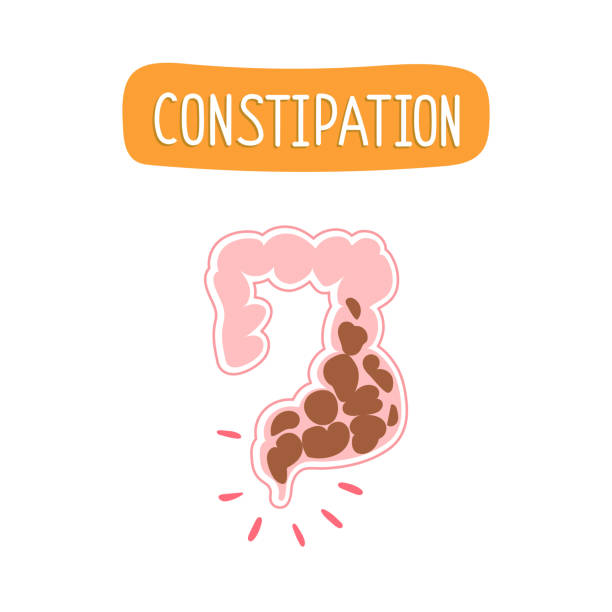Back
Understanding Constipation: Common Causes and Solutions
By Shannon Strauch, PTA, STMT-1 on 3/21/2024

Constipation is a common digestive issue that can cause discomfort and inconvenience. It occurs when bowel movements become less frequent or difficult to pass. Several factors can contribute to constipation, and understanding these causes is crucial for effectively managing and preventing this condition.
Low Fiber Diet:
One of the primary reasons for constipation is a diet low in fiber. Fiber adds bulk to stool, making it easier to pass through the digestive system. Insufficient intake of fruits, vegetables, whole grains, and legumes can lead to constipation.Dehydration:
Not drinking enough water can result in dry and hard stool, making it difficult to pass. Adequate hydration is essential for maintaining healthy digestion and preventing constipation.Lack of Physical Activity:
Regular physical activity helps stimulate bowel movements by promoting muscle contractions in the intestines. A sedentary lifestyle can contribute to constipation.Ignoring the Urge to Defecate:
Ignoring the natural urge to have a bowel movement can disrupt the body's bowel habits and lead to constipation over time.Medications:
Certain medications, such as opioids, antidepressants, and antacids containing aluminum or calcium, can cause constipation as a side effect. It's essential to discuss any medication-related concerns with your healthcare provider.Medical Conditions:
Conditions like irritable bowel syndrome (IBS), hypothyroidism, diabetes, and neurological disorders can affect bowel function and contribute to constipation. Managing these underlying conditions is crucial for alleviating constipation symptoms.Inflammation:
Gluten consumption can lead to inflammation in the gut, affecting the normal functioning of the digestive system. Chronic inflammation in the intestines can contribute to digestive issues, including constipation.Changes in Gut Microbiota:
Gluten-containing foods may alter the composition of gut microbiota in susceptible individuals. Imbalances in gut bacteria can impact digestion and bowel movements, potentially leading to constipation.FODMAPs:
Some gluten-containing foods are also high in fermentable oligosaccharides, disaccharides, monosaccharides, and polyols (FODMAPs). These carbohydrates can ferment in the gut, causing gas, bloating, and changes in bowel habits, including constipation.Pelvic Floor Dysfunction:
Dysfunction in the pelvic floor muscles can also lead to constipation. Pelvic floor therapy, which includes exercises, biofeedback, and other techniques, can help strengthen these muscles and improve bowel function for some individuals with constipation.Improper Technique:
In order to have a good bowel movement, proper posture is key. Having your hips and knees flexed towards your body will help improve the anorectal angle that is formed by the puborectalis muscle. You should also never strain, but breathe in to relax the pelvic floor muscles and gently bear down.
Pregnancy:
Hormonal changes and increased pressure on the intestines during pregnancy can lead to constipation. Pregnant individuals should follow a balanced diet, stay hydrated, engage in gentle physical activity, and consider pelvic floor exercises to help prevent constipation.Stress and Anxiety:
Emotional stress and anxiety can impact digestion and bowel function. Managing stress through relaxation techniques, mindfulness, and counseling can be beneficial for reducing constipation symptoms.
By addressing these underlying causes and incorporating appropriate lifestyle changes, dietary adjustments, and possibly pelvic floor therapy, individuals can effectively manage and prevent constipation, leading to improved digestive health and overall well-being.
Read More:
Dry Needling for C-Section Scars and Postpartum Recovery By Dr. Christine Martirez PT, DPT on 10/15/2024 Learn how dry needling can be used for c-section scars and c-section recovery How Red Light Therapy Can Be Used to Treat Pelvic Floor Dysfunctions By Dr. Christine Martirez PT, DPT on 10/15/2024 Learn about red light therapy and how it can be used to treat pelvic floor dysfunctions
Are you ready to live pain free?
Request An Appointment